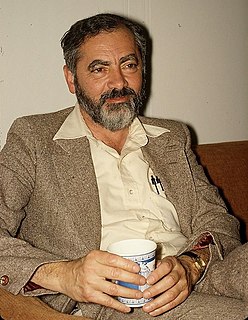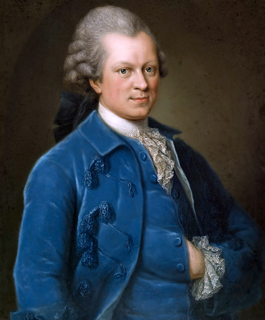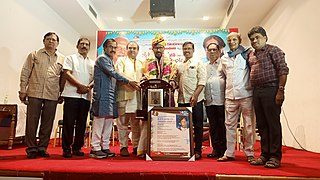A Quote by Gautama Buddha
Foolish, ignorant people indulge in careless lives, whereas a clever man guards his attention as his most precious possession.
Related Quotes
Picture the prince, such as most of them are today: a man ignorant of the law, well-nigh an enemy to his people's advantage, while intent on his personal convenience, a dedicated voluptuary, a hater of learning, freedom and truth, without a thought for the interests of his country, and measuring everything in terms of his own profit and desires.
How very seldom do you encounter in the world a man of great abilities, acquirements, experience, who will unmask his mind, unbutton his brains, and pour forth in careless and picturesque phrase all the results of his studies and observation; his knowledge of men, books, and nature. On the contrary, if a man has by any chance an original idea, he hoards it as if it were old gold; and rather avoids the subject with which he is most conversant, from fear that you may appropriate his best thoughts.
Whoever is wise is apt to suspect and be diffident of himself, and upon that account is willing to "hearken unto counsel"; whereas the foolish man, being in proportion to his folly full of himself, and swallowed up in conceit, will seldom take any counsel but his own, and for that very reason, because it is his own.
The true value of man is not determined by his possession, supposed or real, of Truth, but rather by his sincere exertion to get to the Truth. It is not possession of Truth by which he extends his powers and in which his ever-growing perfectability is to be found. Possession makes one passive, indolent and proud. If God were to hold all Truth concealed in his right hand, and in his left only the steady and diligent drive for Truth, albeit with the proviso that I would always and forever err in the process, and to offer me the choice, I would with all humility take the left hand.
At present, man applies to nature but half his force. He works on the world with his understanding alone. He lives in it, and masters it by a penny-wisdom; and he that works most in it, is but a half-man, and whilst his arms are strong and his digestion good, his mind is imbruted, and he is a selfish savage.
































